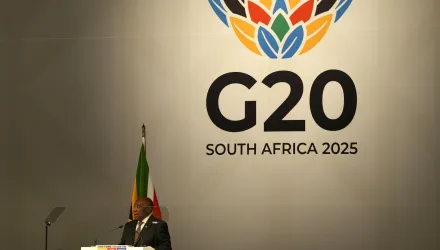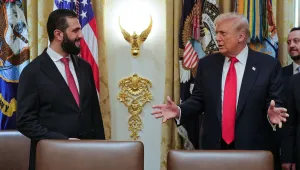Ideological Proximity and Armed Group Competition: The Case of the Iranian Mojahedin
How does ideology affect relations between armed groups within a state? While existing research has underscored how ideological proximity can foster alliances among armed groups, this article posits that ideological proximity can also breed hostility among them. When organizations share foundational narratives, they gain access to each other’s ideational resources, which can, in turn, pose challenges to these groups’ cohesion and leadership status. These challenges manifest in the form of questioning the sincerity and authenticity of each other’s beliefs, thereby threatening the group’s survival, sometimes overshadowing the risks posed by their shared ideologically distant adversaries. Focusing on Iran’s Mojahedin-e Khalq Organization (MKO), this article highlights its evolution as one of the first armed groups to transform Islam into a potent ideology before transitioning to Marxism and later reverting to Islamism. It examines how the organization’s ideological proximity with other Islamist and Marxist actors led to conflict and outbidding violence instead of cooperation. Drawing upon a trove of the MKO’s secret documents, this article reveals how a significant portion of the rhetoric and actions of armed groups is directed at outperforming their ideologically similar rivals, rather than confronting ideologically distant adversaries.




